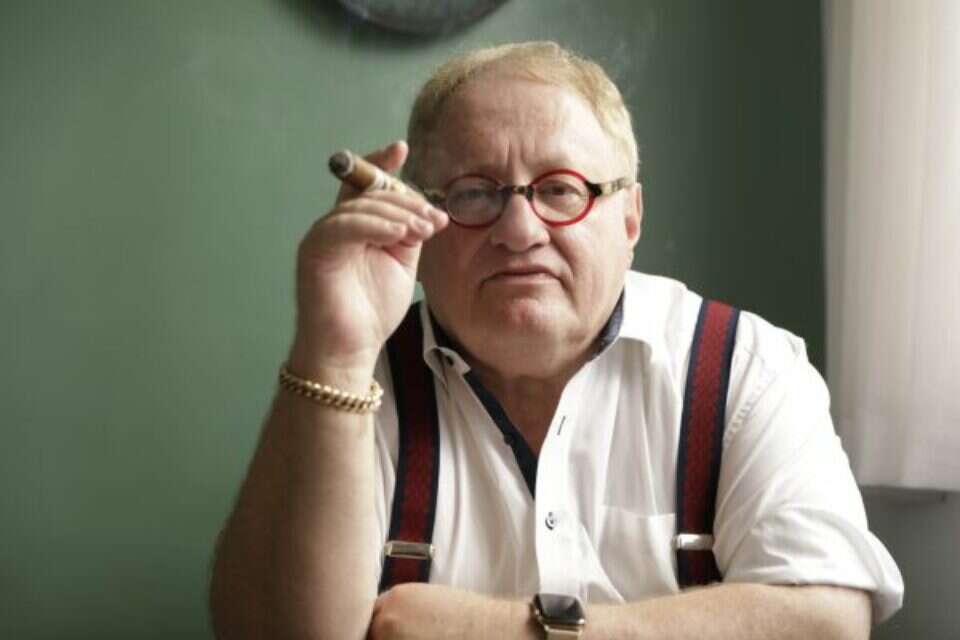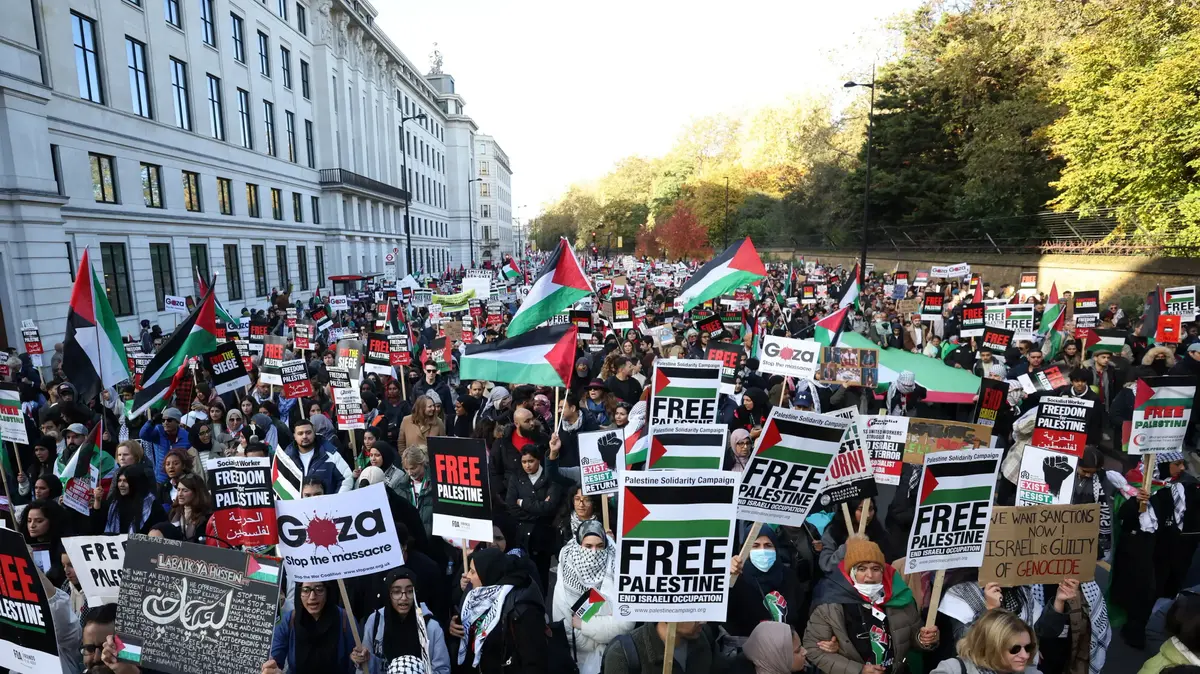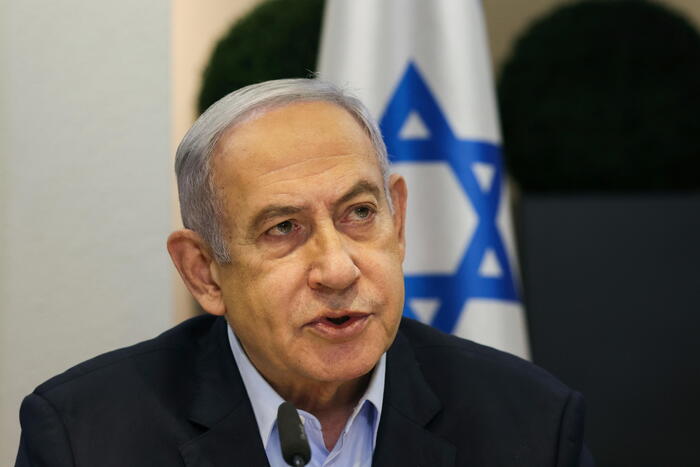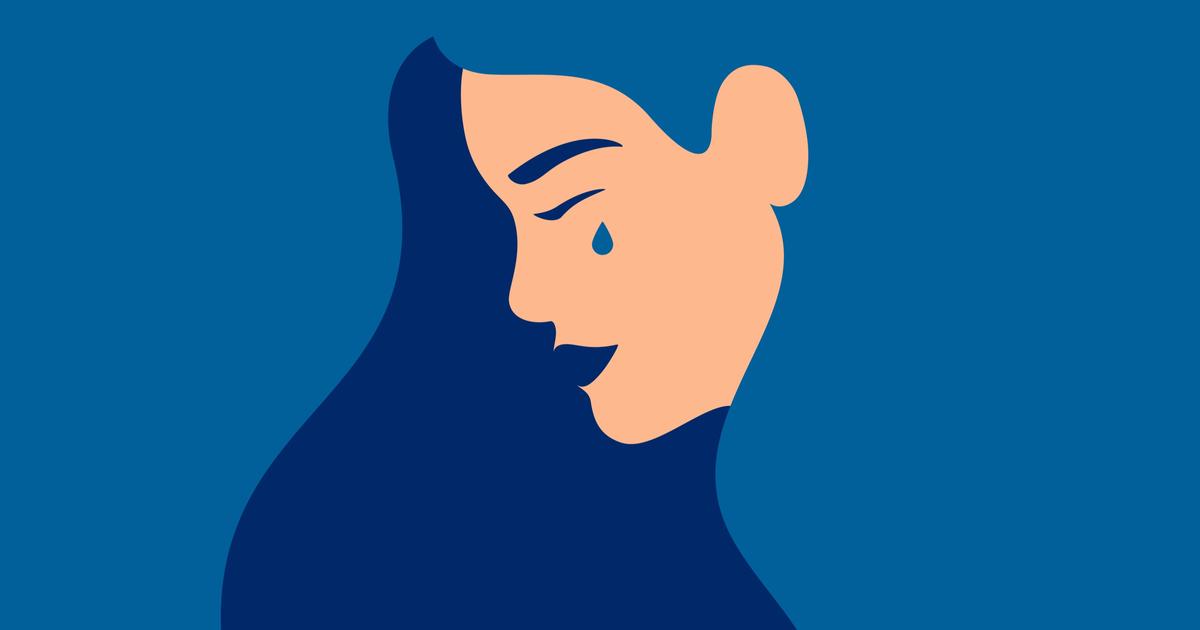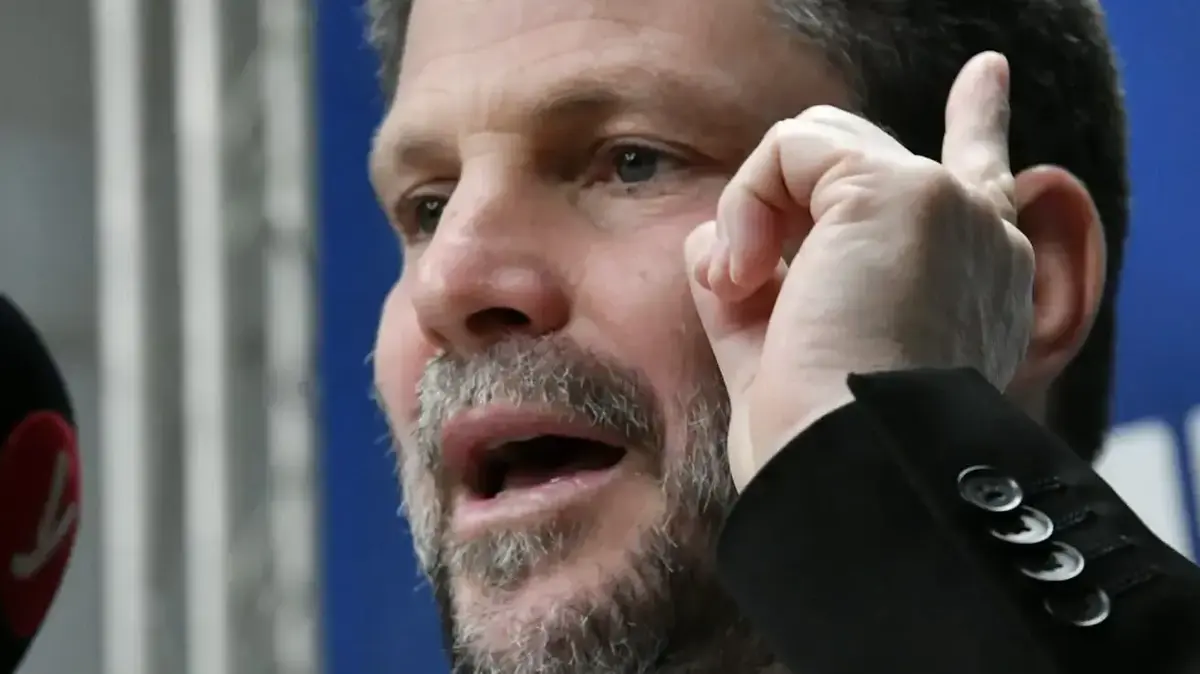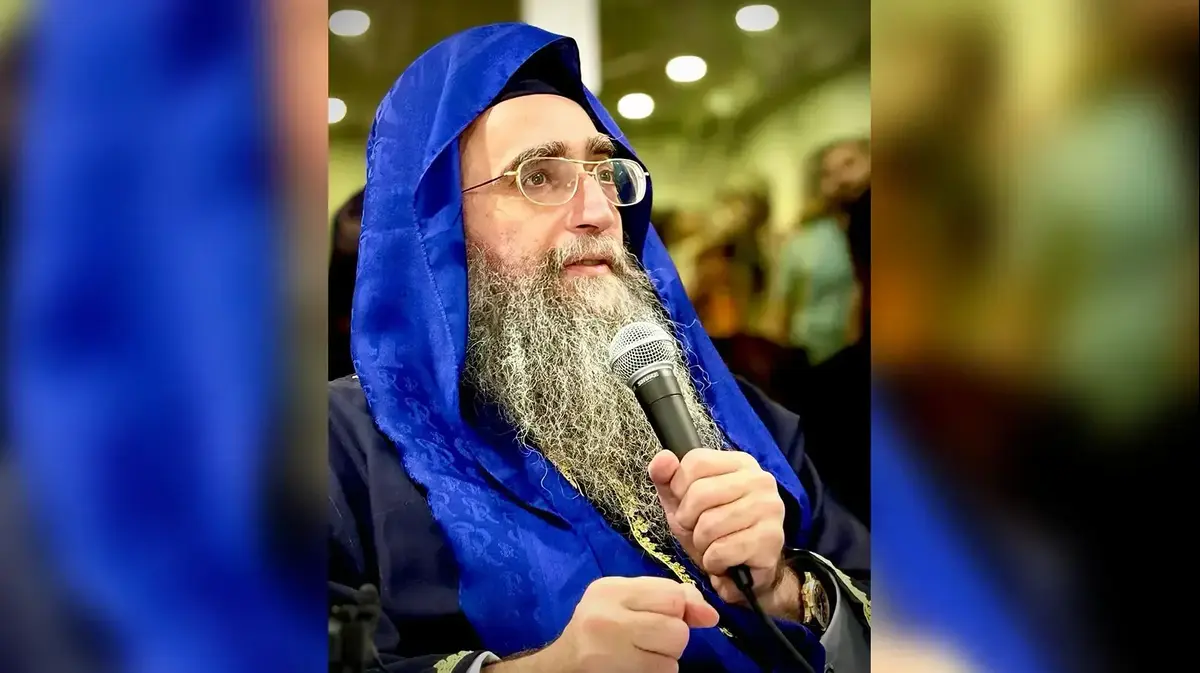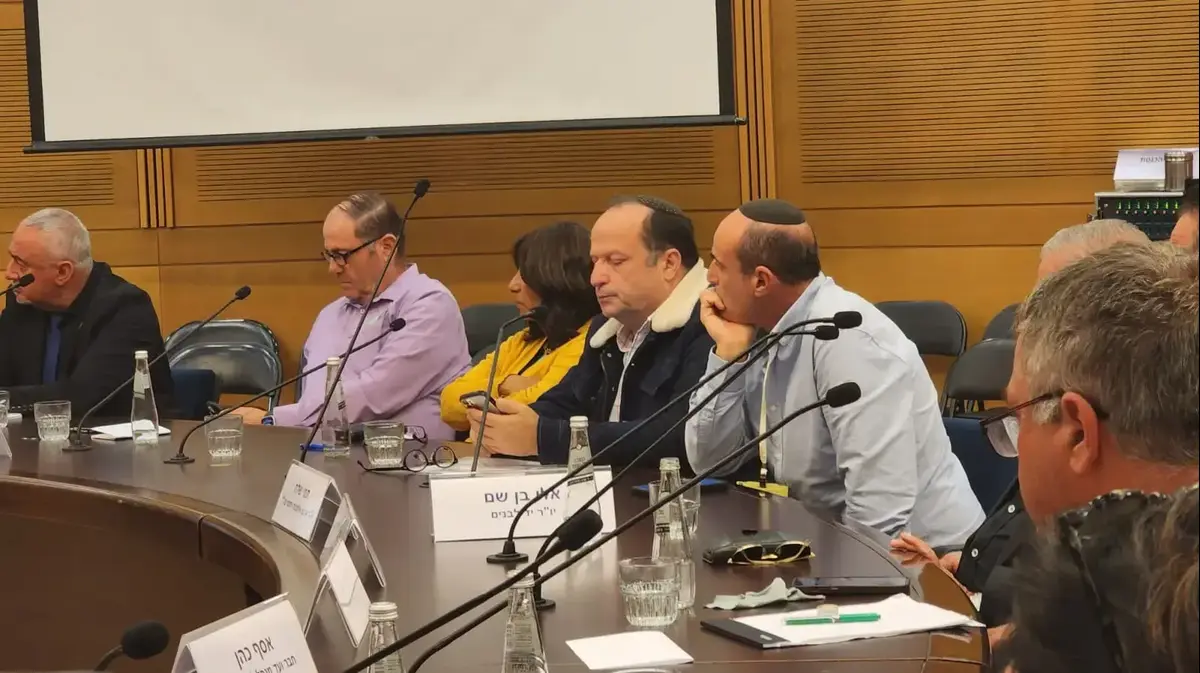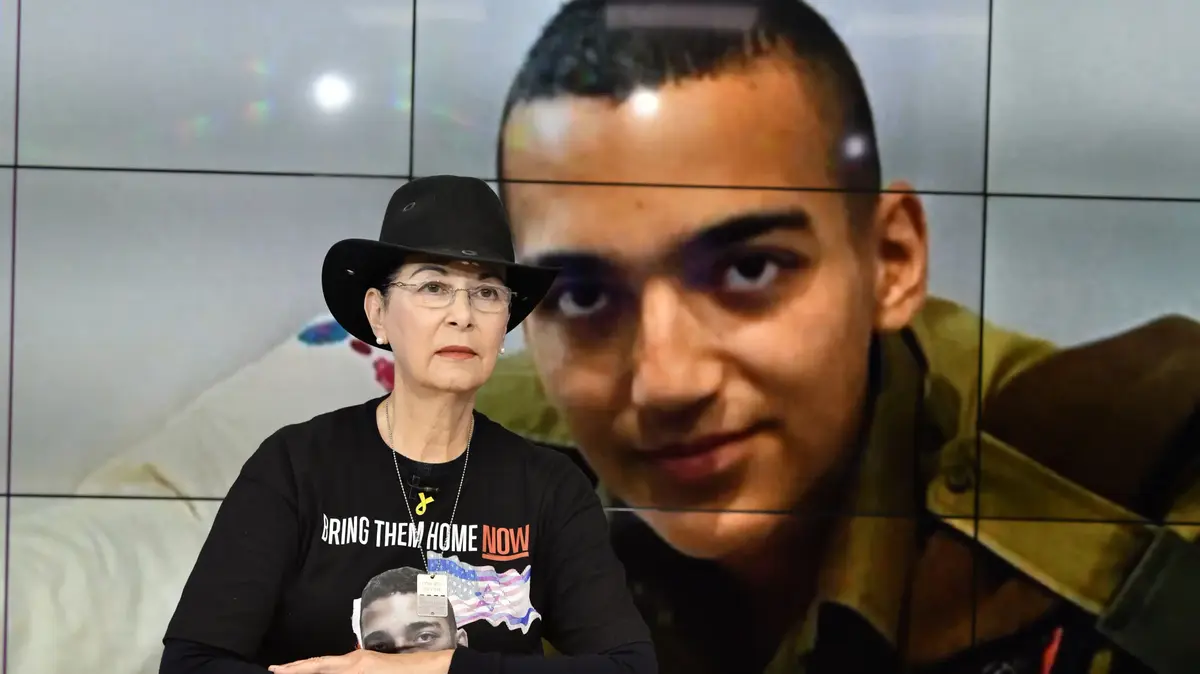When the journalist and writer Tobiah Tenenboom arrived at the office of the Rebbe of Carlin, he did not expect her response. "Tobeyka, you came to us from Germany and you now live in Mea Shearim?" the Rebbe asked happily.
Tannenboom was amazed at the Rebbe's knowledge and asked him where he got it from. "How do you think I know?" The Rebbe replied, "If you think I have the Holy Spirit - you can believe it. I just read about it in the newspapers. What do you think?" , that I haven't read your books?"
In his sixth book published in Hebrew (published by "Sela Meir"), the journalist who specializes in making his interviewees fall in love with him, returns to the ins and outs of the society in which he was born and grew up and from which he fled - ultra-Orthodox society.
After sleeping in Hitler's room, associating with senior officials of the Palestinian Authority, researching Brexit and the British attitude towards Jews and associating with refugees in Europe and with activists from the extreme right - Tenenboom returned to the closest and farthest society from him.
The one where his fathers and grandmothers worked, where he studied Talmud Torah for children, and from which he entered the world of creation and international exploration.
As soon as he came to me, he immediately felt at home.
"They told me at first, don't live in Mea Shearim. People will shout at you, stand under the house and shout 'Kufr get out', what are you doing? But that's not what happened," he says.
In order to dive into the complicated world of ultra-Orthodox society, Tenenboom rented a hotel room in Mea Shearim, adjacent to the Shabbat Square.
In black pants, a white shirt and slacks, he settles down and looks out over the neighborhood.
"If God occasionally goes for a walk on the face of the earth, rest assured that he does so in Mea Shearim, his home court," he writes.
To his surprise, he received a warm welcome.
"What amazed me was that a large part of the residents had read my books. People met me and started repeating passages from my books - 'Look, what you wrote in 'Capture the Jew' on page 145 of the Shura like and like that."
Tovia laughs.
He does it a lot, remembers the stories that happened and a smile comes across his face.
"I came to a Jew by the name of Rabbi Yitzchak, an ultra-Orthodox of the Kanaim in the Kanaim. As I sat down next to him, he immediately told me that he was very happy that I was here, that I was an important Jew, and that they were praying that I would not do to them what I did to the Americans."
Secrets in ultra-Orthodox rooms
The mischievous smile, and perhaps also the red glasses that adorn his face, are Tannenboom's calling card.
There is something about him that makes people trust him and open up to him, entrusting their hidden secrets to him.
"People told me about their anxieties, about their relationships with the rabbis, about questions of faith. Some people gave me their most intimate secrets. For them, as long as I don't write who they are, I can write it. They trust me. One Jew In Bnei Brak, he asked if I was asking the hard questions. I asked him, 'What are they?'
And he said 'Who is God?', 'Why did he create the world?'
I asked him 'Well, what are you answering?'
He said, 'I have no answer' and left. Some people came and sat with me and cried, and some laughed like little children at my place."
The trust Tannenboom has earned, he receives almost everywhere he goes.
He explains this with the attitude with which he arrives at a new place, which he is interested in exploring.
"If I had come to the ultra-Orthodox world with the attitude that many of the journalists come with, it would immediately have been cut. Immediately it would have reached a book that was entirely something that the anti-Semites would have enjoyed reading. I did not come with the attitude of 'I and nothing else'. I came with the attitude of 'I am here to hear what you say'. It allows people to talk. My interviewees are honest with me because I give the feeling that I can't judge them."
In his eyes, this is the approach with which journalistic coverage should be approached.
"Today's journalists have changed from the concept that existed in the past. Today every journalist thinks that their job is to preach morals to others, that they are the ones who should teach the people. Why don't you be priests or rabbis or imams, if that's your attitude. That's not our job. Our job is to report When a Nazi comes to me and says that the Jews should be burned, I say - an interesting idea. I go with him, and when that happens he also goes with me. But when you come as a journalist with opinions that you try to impose on the other side, then you're done.
"The same is true in the Israeli press. When we preach morality, we are betraying our duty. If I had come to Mea Shearim with my prejudices, the book would have been completely different, it would have been a harsh indictment. That was the only way my eyes could be opened, because I did not judge them and discovered a world full of beauty.
"When I talk to someone, I connect to something about them. To a ring, to a dress, to an eye. I connect to something and that's what I go with. When you convey that you're coming to get out of him what he really believes in, he gets turned on by that. That's how people say the nonsense they tell me . I'm not an important journalist, I'm fat with red glasses. Like one of their own, someone who sits with them in a bar or a cafe, and then people feel good about me."
Tovia Tannenboom, born in 1957, was born and raised in Bnei Brak.
He grew up as a descendant of an illustrious Hasidic dynasty - his grandfather's grandfather was the Rebbe of Radzin, who is known for his search for the source of the biblical blue with which he dyed tassels. But his father was drawn to the vision of the Chazon Ish, Rabbi Avraham Yeshayahu Karlitz, one of the leaders of the ultra-Orthodox community during the establishment of the state, which is precisely identified with the Lithuanian ultra-orthodox.
"I had an ultra-orthodox background and I was raised to be a yeshiva head or a rabbi, and that's what is done in Lithuanian chaplains," he recalled.
Already as a child his prickly character appeared, the one who wants to hear the best answers to the most difficult questions.
"I asked the rabbis questions that they didn't know what to answer, so they made me skip five classes in the yeshiva, and at one point they let me teach lessons myself. But they didn't like the lessons I taught, they were different from what is usually taught."
So he moved to study at the Merkaz Rabbi yeshiva, led by Rabbi Zvi Yehuda HaCohen Kook.
"I had long hair then. I would sit next to him and he would curl my hair."
But the name of the study didn't suit his style either.
He thought about enlisting, but "going to the army as a former ultra-Orthodox doesn't work", according to him, so he turned to study at the Hesder Yeshiva in Ma'alot and then at the Hesder Yeshiva at the Kotel.
He enlisted together with his cohorts for orderly service in the Armored Corps.
At the end of his service, he wanted to study at the university, but this was not well received by his ultra-Orthodox parents.
"For a holocaust survivor mother, for her son to go to university is a shame like no other. In her eyes, it is a great idolatry. So I left, took a plane to the USA and studied mathematics, philosophy and theater at a university in New York, so that it would not interfere with the good name of the family.
Far out of sight, lest they see the son returning from the university, God forbid."
Haredi and good for him, "Sela Meir" publishing house,
In New York he founded the Jewish Theater, which staged original productions written by Tannenboom.
One of them dealt with Mea Shearim, some of them with the Israeli-Palestinian conflict.
12 years ago he started writing for the popular German newspaper "Die Zeit".
Following the articles, he was contacted by a German publishing house and sent him to write books for it.
That's how he started writing the bestsellers that were translated into nine languages around the world.
The first edition of his first book, "I sleep in Hitler's room", was sold out in Germany in one day.
Today he divides his life between an apartment in Manhattan, New York, and an apartment in Hamburg and the other places where he goes to write.
"I'm constantly moving around. I was only in New York for about two months this year. I'm fulfilling what is written in the verses - you will be in Israel," he quotes Cain's curse.
"I enjoy it. It's interesting to see other cultures, it opens the mind. That way you don't get into the concept of being together in a certain community, which sometimes sees things through the perspective of a herd. You discover that there are many questions to discover. When there are answers, it's a bit bad."
The new religion
When he mentions in the new book his country of residence, the USA, he talks about a new religion that arose for it, the religion of the progressives. in the progressive world.
In contrast, in the ultra-orthodox world there is freedom."
You talk in the book about how in the past you could put on wild theater shows, and today it's no longer possible. What does this mean?
"What I once presented must not be done today - it is politically incorrect. You must not make humor out of anything, you must say that everyone is beautiful and nice. You must not take a position, unless it is the progressive position, you cannot say 'she' or 'he', you must not look at A woman under her chin because then you're called a rapist, you're not allowed to touch people, it's madness.
"There are things that you have to declare all the time - if you say hello to someone, you should straight up say how much you are in favor of abortions and how much we have wronged blacks. I am in favor of rights for everyone, but you don't have to declare it all the time. Imagine if you met an ultra-Orthodox and he would say You keep saying, 'My rabbi is a master.' I asked you about that? But that's what happens in Progress.
"My plays have always touched on sensitive political and social issues. Most of the reviews I received were amazing, in all the press, but today I can no longer do that. You can't criticize, you have to say that everyone is good except the whites. This is madness. Everything has changed - today's left is Not the left that was Leibovitch, I remember him when I was a boy. They would bring him orange juice, he would take the kippa out of his pocket, bless 'may everything be in his word', and then put it back in his pocket. There is no such left today. But the followers have also changed, they have become more I go to Satmar and they say hello to you, they invite me to sit with them in the air conditioner.
"The ultra-Orthodox today are more open than the progressives, more than the religious Zionists, more than the leftists - they are the most welcoming. What I liked the most is their sense of humor, especially the Hasidic. I walk the streets and laugh. You see a person on the street on Shabbat, everyone sings to you 'Shabbat shalom, a -Goten Shabes', where do you see the acceptance of the other like this? And they are not missionaries, they don't want to bring you closer to them.
"Here in the US I can't tell a girl she's beautiful.
On the other hand, in Mea Shearim I tell the ultra-Orthodox that their women are beautiful, so what does he tell me?
'God Almighty did us a favor, after the Holocaust suddenly he showered us with beauty'. I love people who talk like that. It's a different world, it's a beautiful world."
"Your grandfather is talking"
As someone who grew up in these spaces, did you find a common language with them?
"The followers there wanted me to come live with them permanently. I asked someone there, 'How is it that you accept me like this? I don't dress like you, I don't act like you, and you invite me to your place on Saturday evening, open the door for me.' He told me, 'When you speak With us in Yiddish, it's not you speaking to us, it's your grandfather speaking to our grandfather.' spoke, and it just came out in a flurry.
"I went to the 'Torah and reverence' community of Neturi Karta, the zealots of the zealots. Within two minutes, 20 children gather around me. We started chatting in Yiddish and it was very funny. They tell me, 'We will save your soul, if you bring us your cell phone, we will break it for you. They were sweet to God. There is something special in Yiddish. It is based on German, but it is 180 degrees from it - it is a language full of humor, of tremendous nuances. "It
depends on how you say a word, and it can be a thing and vice versa.
You can call someone 'smart', and you mean they are an idiot among idiots.
Someone yells at a red light - 'Damn evildoers', and someone else says 'This Heimach-Smo'inik is an amazing person, he is so mighty'.
You begin to understand that the words are different, they behave differently."
Did you manage to understand what it means to be Jewish for you?
"Being Jewish is being the grandson of your grandfather's grandfather, it's this continuity. I left this world a long time ago, and when I came to Israel I wouldn't go to these places. I kept my feet out of there. And suddenly when you write a book about them you have to be with them. I realized here how far I fell A victim of disinformation about ultra-Orthodox society. I feel at home here because we have the same grandfather, a court won't help. We have the same sensitivities. When I see 4-year-old children walking the streets and carrying their 2-year-old brother's stroller - I say kudos to them, something will grow from them ".
People today are afraid that Israel is moving towards a Halacha state.
"There is a big difference between the ultra-Orthodox world and the ultra-Orthodox politicians. Anyone who is in Bnei Brak or Jerusalem, does that interest them? If you make two types of law - one for the ultra-Orthodox community and one for everyone, as long as you don't harm them, it doesn't interest them. I am proof of that - they know exactly Who am I? They know that I don't eat food in the gym, and they let me in and behave very nicely.
"What's more, they don't put wine on the table so that God forbid I don't touch it and ruin it. I understood that. They know who they're dealing with, and they still welcome me nicely. I'd be sitting on the balcony of my hotel, smoking a cigarette, and someone downstairs would shout at me And asks if I ate gefilte fish today, then runs and brings me gefilte he made especially last night. Usually gefilte is terrible and terrible, but the one they make is simply delicious."
In the previous books, you were accused of impersonation, of presenting yourself as someone you are not. Do you like dressing up, switching between different identities?
"I don't perceive it as a transition between identities. I am always myself, the only question is how I present myself. For example, with Jibril Rajov, who served as the head of the thwarted security and appeared on the cover of the book 'Capture a Jew', I had A very deep relationship. He just didn't know I was Jewish. I just told him - I'm Toby from Germany. Do I come from Germany? Yes. Do I write for a German publishing house? Yes.
"I told him the right things, I just didn't say I was Jewish, why would I add that? Someone tells you in the US, 'May Nim is Johnny and I'm an atheist?'
Why should I tell him I'm Jewish?
When a journalist comes and asks people on the street, he does not say whether he is Jewish or not.
Is this supposed to be some kind of deformity?
Why would I find that out?
I don't have to show it off.
Of course, if I had said that, he wouldn't have talked to me, he would have been happy to make me a kosher hamburger.
"There was a very special bond between us. He kept in touch with me even months later. One Chenik told me that to this day he is angry with me and that he calls me 'that donkey Tovia.'
He tried to entice me to come to Ramallah and cause me to have a car accident.
He said he was organizing a press conference to celebrate the release of the book with his picture on the cover.
From the inquiries I made, I understood that this press conference did not take place and was not created.
"I asked other European journalists and they had not heard of it, I asked where it was held, and the Palestinian police realized that I suspected something, so they immediately canceled it. Why did he want me to come to something that did not exist and was not created? He wanted to kill me. I have no problem saying the That. To this day I can say - I really liked him. He's smart, he's funny for God's sake, he's fatherly - he's also a killer, but there are good things in him too."
"My eyes are watering"
As someone who recently visited Israel, and now looks at what is happening inside it from the outside, how do you perceive what is happening in the country today?
"What I see from the outside is an abysmal brotherly hatred. I see a lack of listening on both sides. We are returning to what destroyed us in the past - gratuitous hatred. The State of Israel is a beautiful country, there is something psychotic about the Jewish people that we want to destroy it. I see it with my eyes Tears. This is not the country I want to see, this abysmal hatred, the lack of listening to others, me and nothing else, it's really scary to see. You can see how the country is marching towards me with less and less, and it hurts my heart to see it.
"The concept that we are all Jews, we are all brothers - it has gone. Only in Mea Shearim do people think like this? Where did it go? This is hatred, and if you know history, you know that this is not the first time we have done this, it is in the nature of our people. Unfortunately, no We managed to bring in leaders who will say 'Enough!'
We failed to raise from among us true leaders who take care of their people. The kingdom of Israel and the united Judah, how long did we hold on? And here we go again, 75 years is our maximum? Each one was swallowed up by life. I look at what is happening and cry."
were we wrong
We will fix it!
If you found an error in the article, we would appreciate it if you shared it with us

